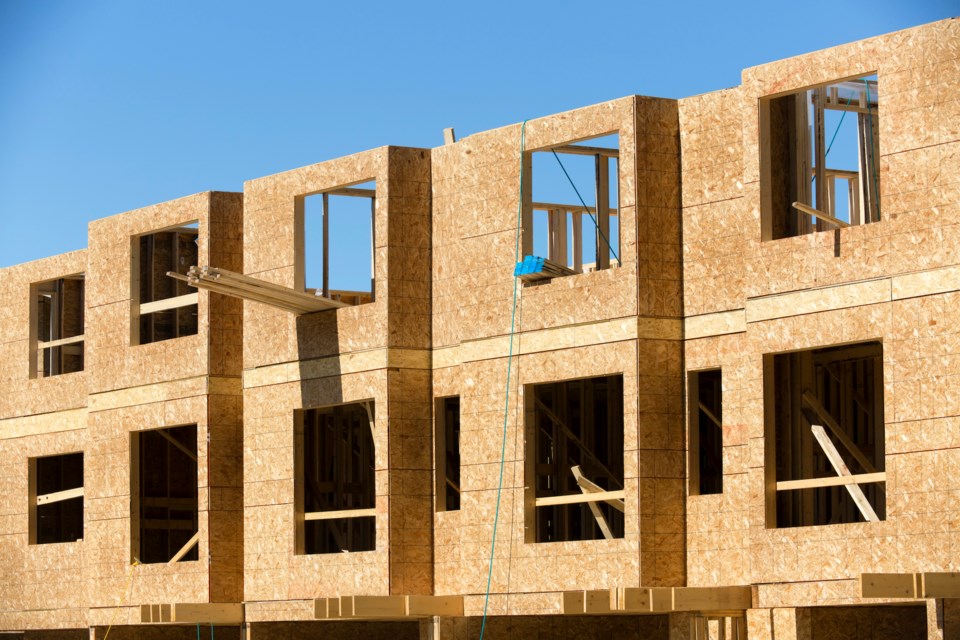B.C.’s Ministry of Housing has granted extensions to 21 local governments, allowing them more time to amend their zoning bylaws and upgrade their infrastructure to support greater density.
Coquitlam and the City of North Â鶹´«Ã½Ó³»are among 10 local governments that have received more time to amend their zoning bylaws to comply with the new provincial small-scale, multi-unit-housing legislation, which aims to catalyze more row homes, triplexes and townhomes on single-family lots.
Their new deadlines range from the end of this year to 2030 on a case-by-case basis, said the housing ministry’s Sept. 16 news release. The original deadline was June 30, 2024.
Meanwhile, 11 local governments have already amended their bylaws for most of their communities, but were granted extensions for certain neighbourhoods where infrastructure upgrades are needed or underway. These municipalities include Chilliwack, New Westminster, Port Coquitlam and Richmond, and their new compliance dates range from the end of 2025 to 2030.
“We said in the beginning that if there were communities that believe they don’t have the infrastructure to support triplexes or fourplexes in their communities, they should bring us an engineer’s report and we will review it,” Housing Minister Ravi Kahlon told BIV.
“These communities showed that they had parts of their communities where infrastructure is lacking. We hired an independent engineering firm to review [their reports], and … various communities have small pockets that needed some additional time.”
However, seven local governments including Maple Ridge and the Township of Langley were denied extensions after the ministry reviewed their submissions and determined that their infrastructure was already adequate to support the mandated additional density. These local governments have 90 days from the date they were first notified to adopt the new bylaws.
As of Monday, 172 of 188 of local governments in B.C. have now adopted the provincial legislation by passing local bylaws for all areas where an extension was not requested. This represents a 91-per-cent compliance rate.
“These changes create more options for the kinds of housing people are looking for, whether seniors looking to downsize while staying in their neighbourhoods, or young families searching for more attainable homes with outdoor spaces for pets, children and gardens,” the news release stated.
The topic of inadequate infrastructure has been seized on by the Conservative Party of BC, with leader John Rustad claiming that many neighbourhoods are not ready for multiple units on single lots.
“The whole idea of densification is needed, but Eby’s approach – with building multiple units on a single lot – it doesn't address parking, it doesn't address traffic, it doesn't address water and sewer, it doesn't address everything else that needs to be done,” he said.
“We want to come to the table with things like money for water and sewer upgrades to help municipalities build a managed densification and additional growth.”
–With files from Nelson Bennett


